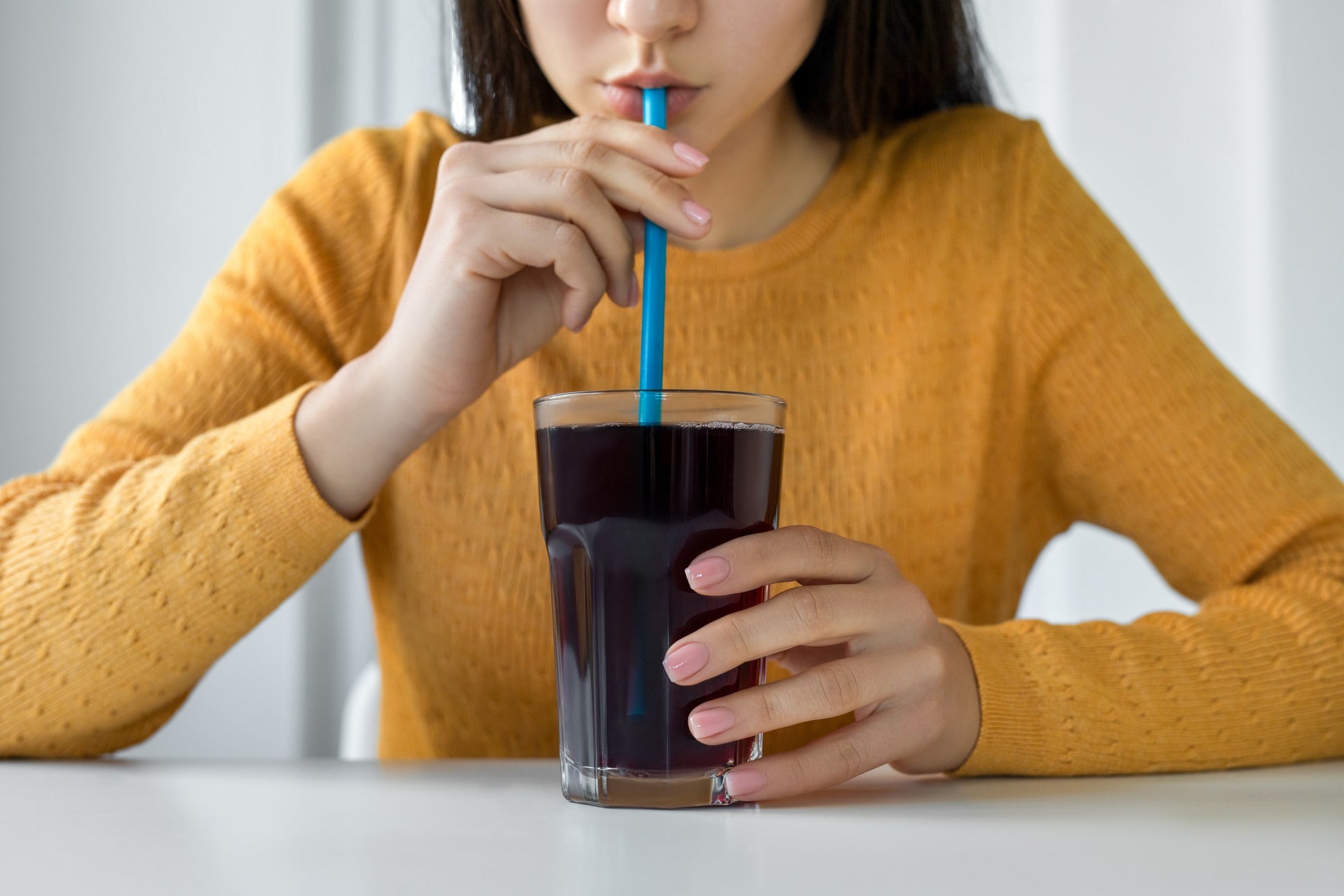Removing bitter taste from artificial sweeteners: Key takeaways explained
- Artificial sweeteners like saccharin and Ace-K often taste bitter
- Japanese researchers found natural compounds that block bitter taste receptors
- Spearmint-derived carvone reduced bitterness without adding a minty chill
- These findings are early-stage and based on lab cell tests only
- The artificial sweeteners market is growing, projected to hit $14.9bn by 2035
‘Bitter’.
That’s the most common description of many synthetic sweeteners such as saccharin, acesulfame potassium (Ace-K), sucralose, aspartame and neotame.
Ironic really. Since sweeteners should, by definition, be sweet. Yet the ‘bitterness’ problem is one that’s plagued manufacturers for years. Until now.
Scientists in Japan believe they’ve discovered the key to cutting the bitter taste from artificial sweeteners. And the solution is completely natural.

Removing bitter from sweet
Researchers from The University of Tokyo have discovered natural compounds that can suppress the bitterness of artificial sweeteners.
The research, published in FEBS Open Bio, suggests pairing artificial sweeteners with compounds that selectively tamp down the bitter taste receptors they inadvertently trigger. This results in a smoother, more sugar-like profile.
Taste, explain the researchers, is mediated by G protein–coupled receptors (GPCRs) on taste-bud cells. Bitter compounds activate TAS2R receptors - saccharin and acesulfame K are known to stimulate TAS2R31 and TAS2R43, creating sweetness up front followed by a lingering bitterness.
In cell-based assays, menthols reduced TAS2R31 responses to saccharin, and the spearmint aroma molecule (R)-(–)-carvone strongly inhibited both TAS2R31 and TAS2R43, when activated by saccharin and acesulfame K.
Another benefit to using (R)-(–)-carvone specifically, is that it produces little to no noticeable cooling. This is important as a ‘minty chill’ can clash with food and beverage products such as citrus sodas, colas, yoghurts, protein shakes, and baked goods.
Added to this, targeted TAS2R inhibition could complement existing tools like flavour modulation and acid–base balancing, potentially allowing for lower sweetener loads or simpler masking blends.
“The bitter taste inhibitors identified in this study have potential applications in food products, suggesting their utility in enhancing the palatability of foods containing artificial sweeteners,” says Dr Takumi Misaka, corresponding author on the study.
However, the research team highlight that these are in vitro receptor results, not full sensory panels - pH, carbonation level, fat content, temperature, and processing methods could all impact bitterness and inhibitor performance.
Genetic differences in TAS2R receptors also mean effects may vary across consumers.
However, though the findings of the study are still in early stages and further research is required, they offer a promising step towards improving the taste of artificial sweeteners, potentially making sugar-free products more appealing to consumers.
As demand for healthier, lower-calorie options continues to rise, innovations like these could help to bridge the gap between taste and nutritional expectations.

Growth of the sweetener industry
The global artificial sweeteners market is worth an estimated $8.5bn (€7.2bn) and is projected to grow at a CAGR of 5.8% over the next decade (market analysts Fact.MR). If true, that means the artificial sweeteners market will top 14.9bn by 2035.
“The artificial sweeteners market is growing due to health-conscious behaviour, the growing number of diabetics and obese individuals, global calorie-reduction trends, and expanding demand for sugar-free products,” says a spokesperson for Fact.MR.
Clean-label innovations and sweeteners’ compatibility with beverage, bakery, dairy, and confectionery products are also said to be driving widespread adoption.
In fact, the British Medical Journal (BMJ) estimates that artificial sweeteners can now be found in over 23,000 food and beverage products worldwide, including sweets, chocolates, ice creams, yoghurts, breakfast cereals, soft drinks, and cakes.
But, while popular with many manufacturers and consumers, artificial sweeteners have faced some backlash over their potentially negative health impacts.
Recently, artificial sweeteners have been linked to increased appetite, damage to gut health, and even early onset puberty.
The European Food Standards Authority (EFSA) however maintains that they are safe for consumption, and continues to approve them. Though these approvals are continually under review.

The future of artificial sweeteners
As the global artificial sweeteners market continues to grow, innovations that improve taste, such as bitterness blockers, could play a key role in driving consumer acceptance.
With demand rising for sugar-free and clean-label products, even small improvements in flavour could have a big impact on market growth.
Reformulating for healthy indulgence webinar
Want to know more about how food and beverage manufacturers are working to improve ingredients such as sweeteners?
Join the ConfectioneryNews Reformulating for healthy indulgence webinar on 23 September 2025.




